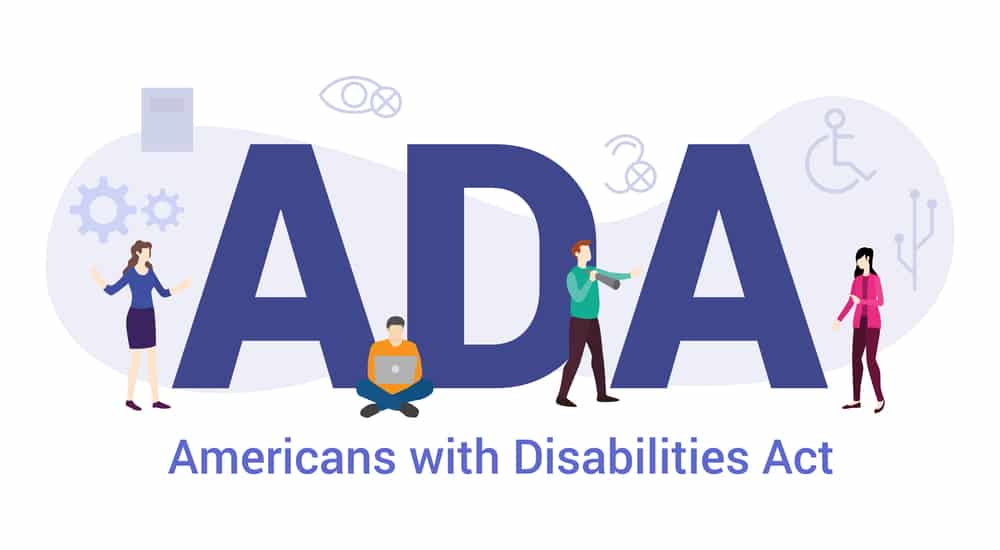A partnership is considered a general partnership when two or more individuals start a business to make a profit. It is very different from a company. However, a general partnership is not the same as a liability partnership. The type of partnership is dependent on how it is run and the aim of the partnership. Change of partners is also contained in the partnership agreement. Whenever a partnership is in play, there are a lot of questions that might arise. When signing a partnership agreement, you must have a certified copy. We are here to tell you about general partnerships and whether the signature of one partner is enough to bind it.
Who signs the contracts in a general partnership?
In companies and LLPs, there is a legal personality, but this person is missing in the case of general partnerships. This implies that the partnership can’t enter into a contract independently. It can only be done by binding the individual partners. If any third party deals with the partnership, a single partner can bind it by acting as an agent. Hence, a sign from one partner on the loan agreement is often enough to clarify who is borrowing the money from the bank. In the case of third parties, each partner is personally liable for the business’s debts. All the partners are jointly liable irrespective of which partner has incurred the liability. When the bank knows that a particular partner doesn’t have the authority to act for the partnership, their signature won’t be enough to bind the firm. So the bank won’t be relying on their signatures. Hence, often the lenders prefer to have all the partners sign the loan documentation or provide written approval. This helps to avoid any dispute and know that all partners are on board with the transaction.
Who signs the deeds?
A single partner can’t bind the partnership in case of deeds. This can only be done when the other partners have given them the express authority to do so. This authority is usually provided through a power of attorney. Often to avoid any sort of doubt, a lot of lenders insist that all partners should sign the deed. When this isn’t possible, a power of attorney will be given to all those signing the deed.
Who owns the assets?
As there is no legal personality in a partnership, the assets must be held in the name of the individual partners. In some firms, the individual partners own the assets. They allow them to be used by the partnership. Others have agreements in which partners have agreed to hold the assets in trust for all the other partners. When there is land, it is usually held in a trust. More than four individuals can’t hold it.
In the case of other assets, it can be challenging to identify ownership if there is no register o the asset type. As the partnership doesn’t grant a floating charge, the lenders can’t easily take over the assets under a debenture for security. When the lender takes security over non-land assets, it is done the same way as taking security from an individual. A bill of sale does this.
Partnerships can be complicated to understand. Each type of partnership has its own set of rules and regulations that need to be followed. When forming a general partnership, you must thoroughly understand it. The best way to do that is by racing out an experienced civil litigation lawyer. Chand & Co. https://chandlitigation.com/ has been the leading name in the industry for decades. A consultation with them can help you to understand partnerships better. In case, you are stuck and need some legal help, they will be right by your side. Their experience enables them to handle even the most complicated partnership with ease.



